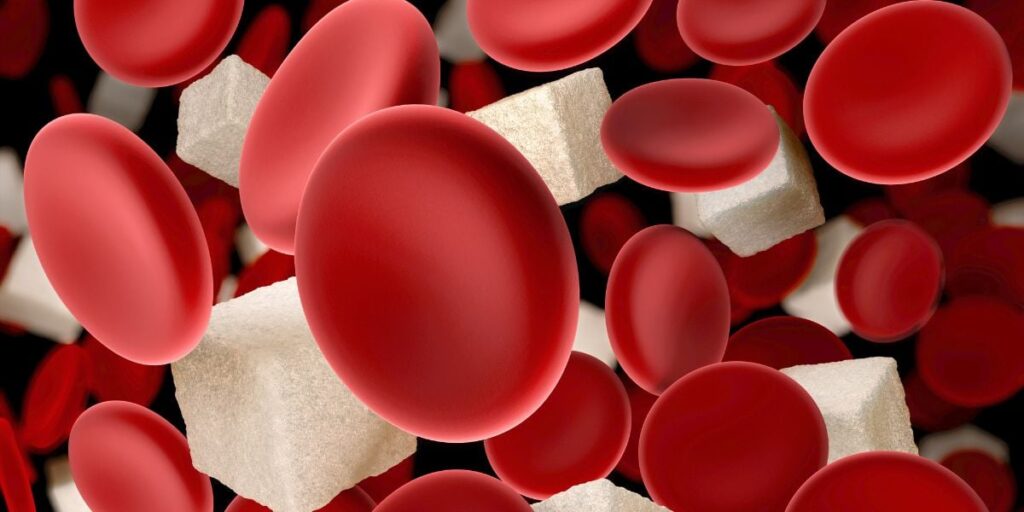WHAT IS BARLEY GRASS EXTRACT?
Barley grass is the thick, green foliage that is taken from the young Hordeum vulgare barley plant. Worldwide, barley is a vital cereal crop that is used in diets for both humans and animals for a number of uses. The young, green shoots of the barley plant are considered a superfood, even though the grain of the plant is widely utilised for food and drinks like beer and whisky.

This mild green leaf, sometimes called “barley greens” or “barley leaves,” is well-known for having a strong nutritional profile. Packed with vital vitamins, minerals, enzymes, antioxidants, amino acids, and chlorophyll, they are a well-liked dietary supplement and component of powdered green drinks and drinks. Barley grass is well-known for its possible health benefits, which include immunological support, digestive health, detoxification, and the capacity to offer a concentrated form of nutrients. Consumed in many forms, such as gummies, powders, drinks, and pills, it is frequently included in a holistic health routine and a well-balanced diet.
WHAT ARE THE BENEFITS OF BARLEY GRASS EXTRACT?
Barley grass extract, derived from the young leaves of the barley plant, is renowned for its potential health benefits, which encompass various aspects of well-being. Here are some detailed health benefits associated with barley grass extract:
- Supports heart health: Research findings suggest that it could potentially mitigate the oxidation of low-density lipoprotein (LDL) cholesterol, a known risk factor for cardiovascular disease. Furthermore, research on animals has demonstrated that barley leaf essence can lower triglyceride and total cholesterol levels. Certain substances found in barley grass, such as tryptophan, gamma-aminobutyric acid (GABA), and saponarin, have been linked to better heart health, lower blood pressure, and less inflammation. Even while the information that is currently available is encouraging, more extensive investigations are needed to fully understand how consuming barley grass may affect people’s heart health.
- May promote weight loss: Barley grass is an important part of a nutritious diet intended for weight loss because it is low in calories and high in dietary fibre. It is well recognised that dietary fibre increases sensations of fullness and satiety, which lowers calorie intake and desires. Increased fibre intake and weight loss have been positively correlated, according to several research. More studies with human participants are necessary to have a deeper understanding of the direct effect of barley grass on weight loss, even if research in this area is encouraging.
- May improve blood sugar levels: Studies indicate that GABA (gamma-aminobutyric acid), one of the active ingredients in barley grass, may help lower blood sugar levels. Barley leaf extract was shown in a mouse study to have anti-diabetic properties, including a reduction in blood glucose levels. In a similar vein, a study involving thirty-six individuals with diabetes discovered that consuming 15 grammes of barley leaf extract for four weeks decreased the oxidation of low-density lipoprotein (LDL), a process linked to improved blood sugar regulation. Barley grass also has a high dietary fibre content, which can help to stabilise blood sugar levels by slowing the digestive system’s absorption of sugar. Additionally, fibre lessens blood sugar surges that occur after meals.

While research supports these possible medicinal properties of barley grass extract, it would be beneficial for the field to do more recent and thorough studies to confirm these effects and determine the best dosages for achieving the benefits. Before making substantial dietary changes, like with any supplement, it’s best to consult with a healthcare provider to make sure they meet your unique needs and goals.
HOW DOES BARLEY GRASS EXTRACT WORK IN HUMAN BODY?
The benefits of barley grass extract in the human body are due to a combination of its nutrient-rich makeup and the presence of bioactive substances. When consumed, the extract offers vital nutrients—such as vitamins, minerals, and antioxidants—that support a range of physiological processes. Interestingly, it contains substances that have been linked to positive health effects, such as saponarin and GABA (gamma-aminobutyric acid).
Its ability to control blood sugar levels is one of its main functions. GABA in particular, one of the active ingredients in barley grass, can improve blood sugar regulation by raising insulin sensitivity and lowering blood glucose levels. Its high fibre content also contributes to stabilising blood sugar levels by decreasing the absorption of sugar. Additionally, the antioxidant chemicals in the extract fight inflammation and oxidative stress, which may lower the risk of chronic illnesses and improve heart health.

Furthermore, barley grass extract contributes significantly to weight management due to its high fibre content, low calorie profile, and tendency to increase satiety. Even while these methods seem promising, it’s important to remember that more well-planned human research are needed to fully comprehend how barley grass extract functions in the body and how it affects health. Before adding any new supplements to your diet, always get medical advice, particularly if you have any underlying medical concerns.
HOW MUCH BARLEY GRASS EXTRACT CAN A PERSON TAKE?
The optimum dosage of barley grass extract depends on a number of parameters, including the person’s age, health, and desired outcomes. There isn’t currently a single, widely accepted amount of barley grass extract that should be consumed daily, and the research that is now accessible makes different recommendations. It is advisable to consider the particular form of barley grass extract that is consumed when determining an adequate dosage, as there may be variations in products’ concentration and bioavailability.
The effects of barley grass extract at various dosages have been investigated in few studies. An earlier trial that included diabetics showed promising results when 15 grams of barley leaf extract were taken once a day for four weeks. This was especially true when it came to reducing the oxidation of low-density lipoprotein (LDL), which is a risk factor for heart disease. Similarly, some tests conducted on animals showed encouraging outcomes. For example, compared to a control group, rabbits given barley leaf essence showed reduced levels of triglycerides and total cholesterol. These results imply that at specific dosages, there might be advantageous benefits.
Although these studies shed some light on the matter, it is important to recognise that further high-caliber research is needed to establish the ideal dosage for the typical individual and to validate the entire range of possible benefits. Therefore, it is recommended that anyone considering adding barley grass extract to their diet consult a healthcare professional. Based on each person’s unique health profile, they can offer tailored recommendations and advise on the appropriate dosage to support their wellness objectives.
WHAT ARE THE VARIATIONS OF BARLEY GRASS EXTRACT?
Barley Grass Extract is also available as:
- Barley Grass Extract 4:1 (Hordeum vulgare)
- Barley Grass Juice Powder (Hordeum vulgare)
- Barley Grass Juice Powder (Hordeum vulgare) Organic
- Barley Grass Powder (Hordeum vulgare)
- Barley Grass Powder (Hordeum vulgare) Heat Treated
- Barley Grass Powder (Hordeum vulgare) Organic
Barley Grass Extract is commonly available in:
- Barley Grass Extract tablets
- Barley Grass Extract capsules
- Barley Grass powder extract
- Barley Grass liquid extract
Glentworth Formulations is here to suit your every need. Everything from Tablets, Capsules and Powder blends.
If you are wanting to know more information, please get in contact with us. Either using the contact form or contacting us directly on: [email protected].


